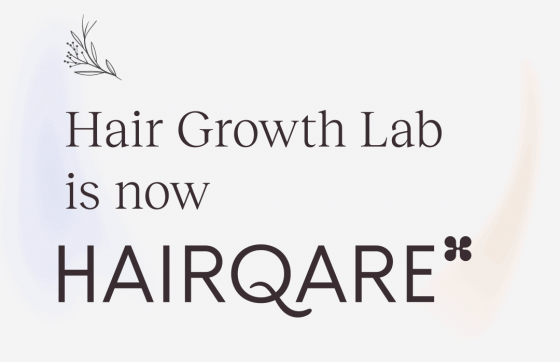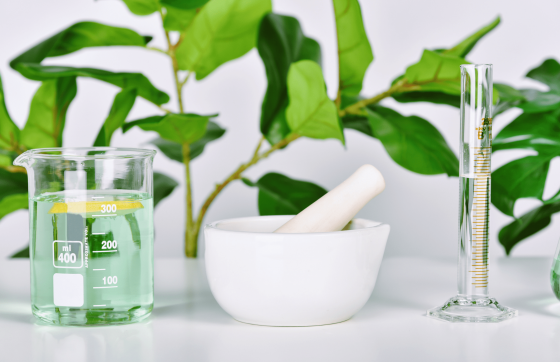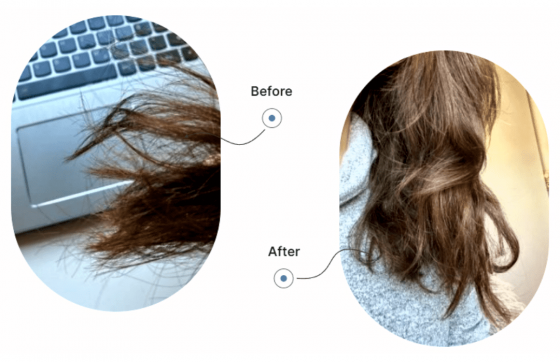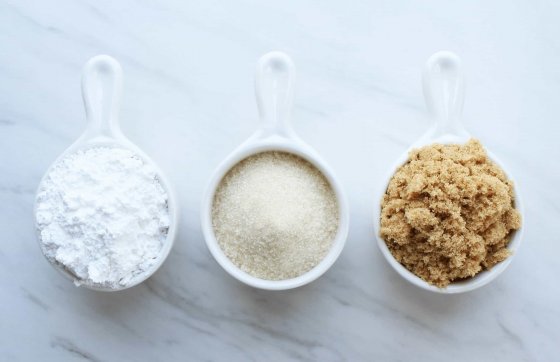
Intermittent Fasting: Does It Cause Hair Growth or Hair Loss? [2023]
![Intermittent Fasting: Does It Cause Hair Growth or Hair Loss? [2023]](https://blog.hairqare.co/wp-content/uploads/cache/2022/05/Intermittent-fast-featured-image-680x432.jpg)
Table of contents
We've all done our fair share of experiments with ourselves to deal with the hair loss issue. From chemical-rich superstore products to herbal and organic natural products, what's next?
Let’s think about another (natural) solution – fasting, or more specifically – intermittent fasting. Most of us consider intermittent fasting as a means of weight loss, Muslims are familiar with the practice due to their religious duties during the month of Ramadan.
But, there’s more to this lifestyle choice! So, how does fasting influence hair health? Proper intermittent fasting can rejuvenate scalp skin, reduce hair fall, and even boost hair growth.
However, you should focus on the word “proper” here. You would need to maintain a strict balance and include specific food in your diet. Otherwise, you will suffer from different skin diseases, and excessive hair fall.
Balance is the key here!

Everything is Connected to Autophagy!
Let’s dig through the basics first!
When we go through fasting or intermittent fasting, our body goes through the autophagy process. This word coming from the Greek language literally means “self-eating.”
Basically, during the fasting period, you limit your food intake to a very little period of time. The rule of the thumb suggests that you will abstain from all food for about 16 hours at a stretch and then have an eating period of 8 hours.
As you don't eat any food for 16 hours, your body feels a shortage of energy. To replenish this shortage, your body decides to consume damaged cells and stored fat in your body.
This process of self-consumption is called autophagy. But doesn’t that make it dangerous?
Umm… No actually!
Because the body replaces the old damaged cells with fresh and new ones. So, in that sense, you can think of it as a cleansing process. But a lot of you already know these things.
Let's jump on to the main concern of yours – hair health!

Autophagy and Hair Health: What Do the Researchers and Experts Say?
There are two factors you should consider regarding hair health –
- Scalp health
- Hair health
A 2019 study supports fasting (essential autophagy) as it can be a great way to renew the damaged scalp cells. It consumes the epidermal and dermal stem cells and then replaces them with new ones. It’s like taking your car to a service center!
However, you should NEVER overdo the process. It can lead to different skin diseases like psoriasis, vitiligo, and other similar infections. So, maintain a healthy balance.
Similarly, autophagy will regenerate the weak hair threads and boosts hair growth. This 2018 study also supports the statement wholeheartedly.

But you need to have proper nutrients (like healthy proteins); otherwise, you will see negative results.
Also, never partake in extremely long fasting sessions. In that case, your body will go through physiological stress. And, who doesn’t know that stress causes hair loss?
How to Effectively Use Fasting for Better Hair Health?
Make no mistake; if you don't take certain precautions, fasting will do more harm than good!
There are three risks of improper fasting –
- High physiological stress
- Nutrient deficiency
- Calorie deficiency
Let’s a look at how you can deal with these risks –
Never Push Yourself into a Stressed State

The biggest reason behind hair loss is stress. Doctors and researchers found different stress-related issues like Telogen effluvium and Alopecia areata that cause hair loss. Mainly these skin diseases are caused by mental and physical stress.
When you partake in fasting, you might feel physiological stress too. So, by that logic, you will actually lose hair.
But wait! Doesn’t that contradict my first analogy?
Yes, but you can avoid stress. So, you should do everything gradually.
Start with a no-food period for 8 hours. Then, when you are able to surpass that level, you can increase that time to 10, then, to 12, and so on.
The goal is to start fasting without going through severe physiological stress.

Nutrition is the Key!
As you are having a long no-food period, you will most likely have fewer meals in a day. But don't compromise the nutritional value of the meals. Especially, add those foods that help you maintain strong hair.
Focus more on minerals, protein, and healthy fats. Here’s the full list of nutrients to focus on –
- Protein
- Biotin
- Iron
- Omega-3 fatty acids
- Vitamin B6, B12, and folate
- Vitamin C
- Vitamin A
Plus, no matter what, never forget about water. Water will help the protein to bind in your hair. Also, it will keep the moisture balanced, so that dryness and hair breakage doesn't occur.

Fighting Calorie Deficiency
The main goal of any kind of diet is cutting off the calorie intake of the body. Just like any other diet plan, fasting is also a means to cut off calorie intake.
If you jump start on fasting or intermittent fasting, you feel doozy or weak, especially during the final hour of your no-food period.
The thing is calorie deficiency is another reason behind hair loss. So, what should you do? Should you eat or not?
The idea is to add foods that help you nourish the hair while cutting off the deficiency. In this case, you can also rely on healthy salads to fill up your tummy without adding too many calories.
Also remember, protein is your friend!
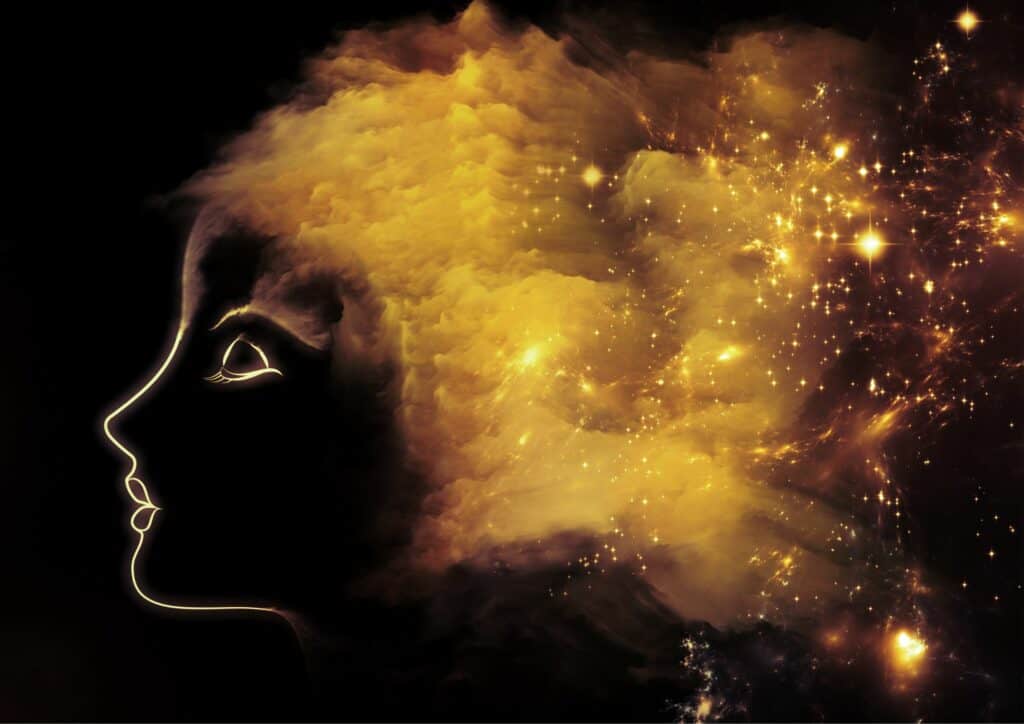
Final Thoughts
There are both good and positive sides to fasting when it comes to hair health. Fasting will definitely rejuvenate your hair and scalp cells, but it can have negative impacts too if you don't keep an eye on it.
So, I would suggest following the precautionary steps mentioned above so that you get the benefits without putting your hair at risk.



